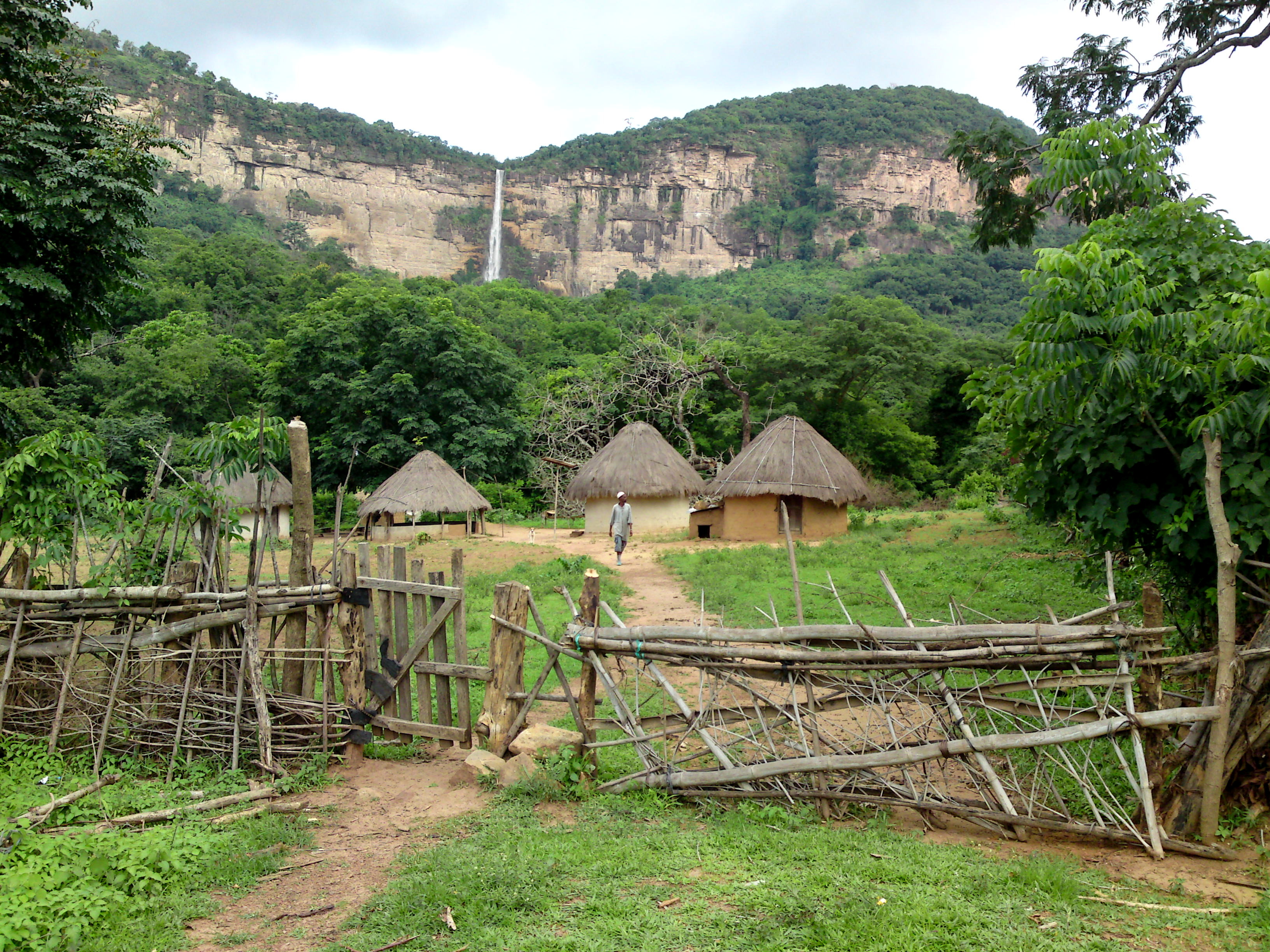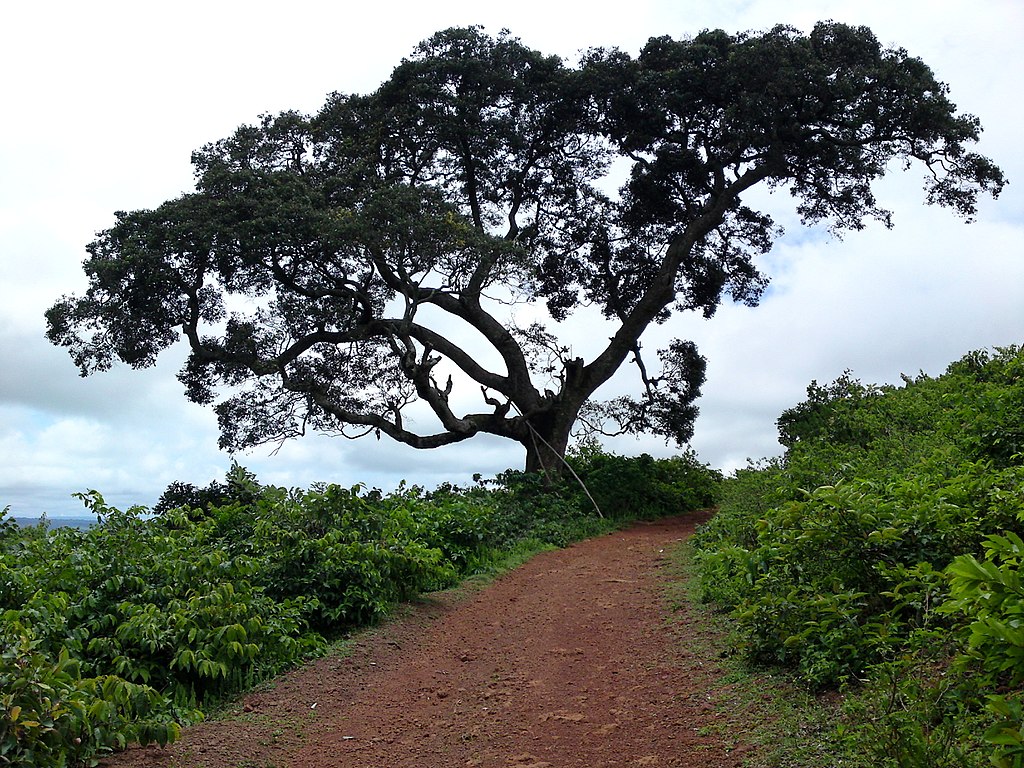Mariama Barry
Mariama Barry was born in the village of Madina Wora in the distirct of Mali in northwestern Guinea. She was born in Guinea, but then much of her family (including her mother and grandparents) left and went to Gambia. Because taxes were so high and private commerce outlawed during Sekou Toure’s rule, they believed there was much greater opportunity elsewhere. However, because the border was closed for much of the 1960s and 1970s, Mariama remained in Guinea with extended family.
While life was very difficult in Guinea, Mariama married and started a family in Guinea. However, her husband was taken by the Guinean government, as was her uncle. Her uncle died before returning home, and she suspected the government killed him. Her husband never returned, and after waiting four years for him to come back, she was told by someone that he had died. She then decided to join her mother and other relatives in Nyamanar, a town on the southeastern edge of Gambia. When she arrived in Gambia, she said, life was “ten times” easier. As she put it, “When life is easy, it is good.” Eventually, after moving to Gambia, she found much later that her husband had not died. Despite arriving as an adult, she was able to get a Gambian birth certificate through her family’s ties there, allowing her to become a Gambian citizen, albeit irregularly so.
Interview
What brought me here [Gambia] was that first my mother came. Her father came here first, then brought my mother and my uncles. I was born there [Guinea], they left me there, and later I joined them here.
Why made them leave Guinea and come here [Gambia]?
At that time, they would make people pay taxes, If you did not have money for taxes, they would take your child and make them work [for free] for the government. That is what made them leave Guinea and come here.
Who ruled Guinea at that time?
At that time, it was Sékou Touré. Sékou Touré’s government.
Then you came here?
After they left me in Guinea, I too came. Coming here was difficult. You had to hide in the forest. We came by foot because there were not cars. If they [the government] saw you, they would just kill you. If they saw you, they would grab you, kill you, and leave your body in the forest.
Since you left Guinea, you have been here?
Yes, since then, I have been here.
Who ruled here at that time?
It was [Dawda] Jawara.
Do you remember Guinea much? Can you explain what life was like there to us a little?
I remember. I suffered there. Life was painful during Sékou Touré’s rule. They would bring men and women to the streets, to major intersections, and give them guns to stop people from leaving. They said that a man cannot take a second life [polygamy was previously legal in Guinea, and a Muslim man could have up to four wives]. If they liked, they could take you and make you dance. It was forced! Life was very difficult, and they could say the day after tomorrow you will go to this place and you had to do so.
At that time, what did people do for work?
The work of the people there? Just they [the government] would say tomorrow you would go there, and they would bring you and you would go there.
At that time, what was life like for women?
Life was just difficult. Women would be with their husbands, and the government would come and take you and force you to dance for them!
If they took you, would you return later to your husband?
Yes, but you would be able for a week and your husband would not dare say anything. You would go dance and almost have to do anything they wanted you to do. The government forced you to.
Were you married when you came here?
Yes. I was married.
Was your husband there?
My husband, went, and he was taken by the government with my uncle. My uncle died, and when he died they returned his things. They killed my uncle. They said that he had guns. We heard that my husband had also died. I was there for a long time, four years. He had not come back, and I had had a daughter. I wanted until the next month, and I took off my head wrap and came here. I was here many years, maybe five or six years later, and he never came. They said he had died. We heard someone said he had come back but I had already come here. I had our daughter, and it turns out he had not died. But we did not know that.
At the time you came here, was life better here than in Guinea? What was life like here?
Ten times better. Life was good. When things are good, life is easy.

